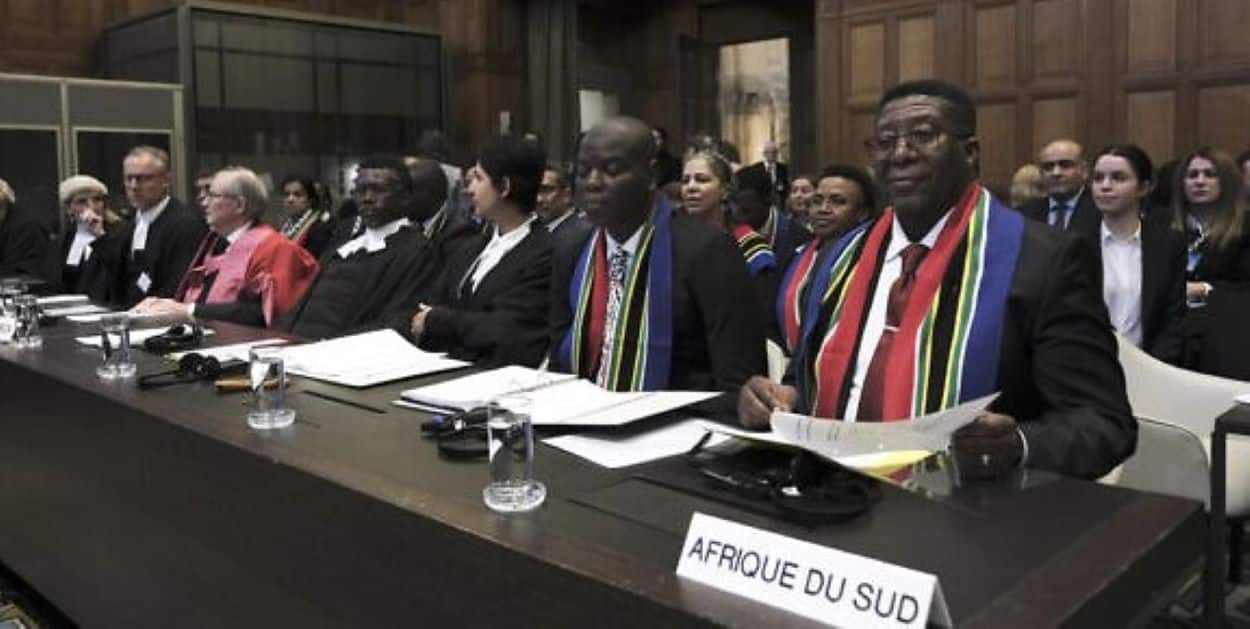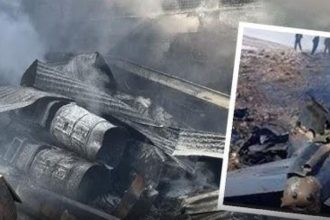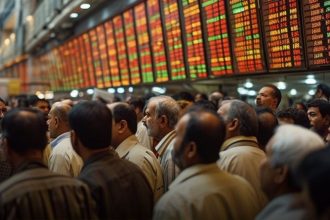South Africa has initiated legal action against Israel at the top United Nations court, the International Court of Justice (ICJ). The move comes in response to what South Africa perceives as Israel’s breach of the UN Genocide Convention.
Despite the deadly Hamas attack on October 7, South Africa asserts that such events cannot justify the alleged violations. The South African government has lodged an urgent appeal to the ICJ, calling for an immediate suspension of Israeli military operations in the Gaza Strip.
In response to these allegations, Israel has strongly dismissed the case as both “atrocious” and “preposterous.” Israel is scheduled to present its defence on Friday. President Isaac Herzog hinted at the nation’s defence strategy, emphasizing Israel’s right to self-defence under international humanitarian law. He assured that the Israeli army strives to minimize unintended consequences and civilian casualties. The United States, an ally of Israel, has also backed its stance, with the State Department labelling the charges against Israel as “unfounded.”
This legal battle at the ICJ arises amidst the ongoing war in Gaza, triggered by an unprecedented attack from Hamas. This conflict has resulted in significant casualties, with reports from Gaza’s Hamas-run health ministry indicating thousands of deaths, predominantly women and children. Meanwhile, Israel contends with its toll of civilian deaths.
In the peaceful setting of The Hague’s Peace Palace, legal representatives engage in a complex debate over technicalities and international law. South Africa’s top lawyer, Adila Hassim, argues that Israel’s bombing campaign aims at the “destruction of Palestinian life,” pushing Palestinians towards famine. This argument forms part of South Africa’s assertion that Israel’s actions constitute a plausible claim of genocide.
International Repercussions and Court’s Deliberation
The ruling by the ICJ, often referred to as the “World Court,” could have significant political ramifications for Israel. A verdict against Israel may increase international pressure and potentially lead to sanctions. However, countries do not always adhere to the ICJ’s final and unappealable rulings.
The court’s immediate task is not to rule on the fundamentals of the case, which could take years, but to assess the risk of irreparable prejudice to rights protected under the Genocide Convention. The focus is particularly on the right of Palestinians in Gaza to be safeguarded from acts threatening their existence as a group.
Meanwhile, demonstrations unfold in The Hague, with pro-Israeli and pro-Palestinian supporters expressing their stances through marches and placards, reflecting the global divide over the Israel-Palestine conflict.






